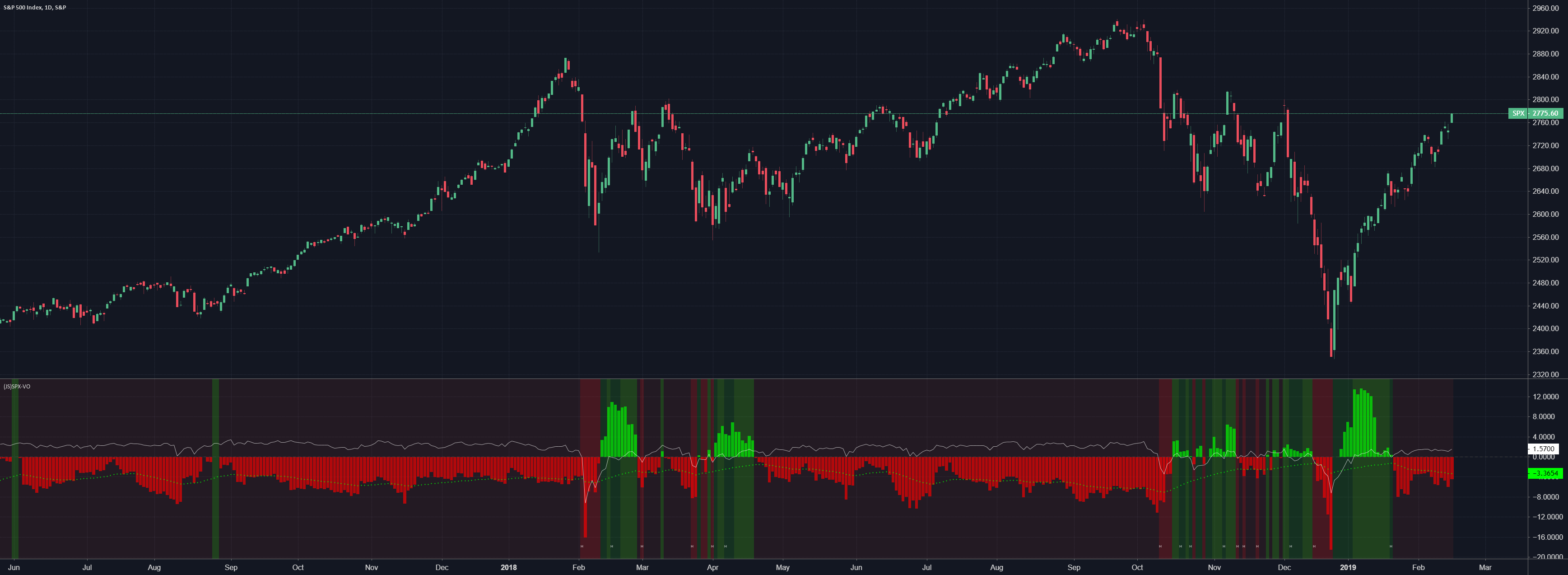Target's Shift In DEI Focus: Examining The Financial And Reputational Ramifications

Table of Contents
Target's recent controversy surrounding its Pride month merchandise sparked a national conversation, highlighting the complex and often fraught relationship between corporate social responsibility and profitability. This incident underscores the critical need to examine Target's shift in DEI focus and its broader implications for the retail giant. This article will analyze the financial and reputational ramifications of Target's evolving Diversity, Equity, and Inclusion (DEI) strategy, exploring both the immediate impact and the long-term consequences for the company. We will delve into sales figures, investor sentiment, brand perception, and employee morale to offer a comprehensive assessment.
<h2>Financial Ramifications of Target's DEI Initiatives</h2>
Target's commitment to DEI, while laudable in principle, has undeniably faced financial headwinds. The backlash following the launch of its Pride collection provides a stark example of the potential financial risks associated with such initiatives.
<h3>Sales Impact and Consumer Backlash</h3>
- Reports suggest a noticeable decrease in sales following the controversy, although precise figures remain debated. News outlets documented widespread boycotts organized online, impacting not only the Pride collection itself but potentially broader sales across various product lines.
- The impact on the Pride collection itself was significant, with reports of reduced sales and even product removal in some locations. This suggests a segment of Target's customer base actively rejects certain DEI initiatives.
- The long-term financial risks are significant. Alienating a portion of the customer base can lead to sustained sales declines and damage Target's overall brand image, potentially impacting future product launches and market share.
<h3>Increased Costs Associated with DEI Programs</h3>
Target's DEI strategy involves significant financial investment. This includes:
- Extensive DEI training programs for employees at all levels.
- Marketing campaigns promoting Target's DEI commitment and initiatives.
- The considerable cost of managing the public relations crisis resulting from the Pride collection controversy.
- Calculating a precise ROI on these programs presents a challenge. While promoting inclusivity benefits the brand, the short-term financial losses stemming from boycotts complicate any straightforward calculation.
<h3>Investor Sentiment and Stock Performance</h3>
Target's DEI strategy has demonstrably influenced investor confidence.
- Stock prices experienced fluctuations following the controversy, reflecting investor concerns about the potential long-term impact on profitability.
- Analyst reports varied, with some expressing caution about the reputational risks, while others maintained faith in Target's long-term strategy.
- Investor statements highlighted concerns about the balance between social responsibility and financial performance. The long-term investment prospects for Target are partially contingent on its ability to navigate this delicate balance.
<h2>Reputational Ramifications of Target's DEI Strategy</h2>
The reputational impact of Target's DEI initiatives has been multifaceted and significant.
<h3>Public Perception and Brand Image</h3>
Target's DEI efforts have garnered both positive and negative reactions from various consumer groups.
- Some consumers praised Target's commitment to inclusivity, viewing it as a positive step towards greater social responsibility.
- Others voiced strong opposition, leading to boycotts and negative media coverage, damaging Target’s image among a particular demographic. Social media sentiment analysis shows a clear polarization of opinion.
- The long-term impact on brand loyalty remains uncertain, with potential for both gains and losses depending on future actions and communication strategies.
<h3>Impact on Employee Morale and Retention</h3>
Target's DEI initiatives have a direct impact on employee morale and retention.
- Employee feedback (although not publicly released in full) is crucial to understanding the effect on workplace culture. A positive and inclusive work environment can attract and retain top talent.
- Conversely, negative internal reactions to DEI initiatives could lead to decreased morale and higher turnover rates.
- Recruiting top talent requires creating an inclusive and welcoming environment, which is a key component of a successful DEI strategy.
<h3>The Role of Social and Political Discourse</h3>
The broader social and political landscape significantly influences public perception of Target's DEI initiatives.
- Increased political polarization has amplified the debate surrounding corporate social responsibility, making it challenging for companies like Target to navigate.
- Online activism and social media campaigns have played a crucial role in shaping public opinion, both positively and negatively.
- The long-term effects on corporate social responsibility will depend on how companies respond to evolving social and political dynamics.
<h2>Strategic Considerations for Future DEI Initiatives at Target</h2>
Target must adopt a more nuanced approach to its DEI initiatives to balance inclusivity with profitability and minimize reputational risks.
<h3>Balancing Inclusivity and Profitability</h3>
Target needs strategies to reconcile its commitment to DEI with financial sustainability. This includes:
- Targeted marketing campaigns focusing on specific demographics without alienating others.
- Increased community engagement to foster dialogue and understanding.
- Transparent communication about DEI strategies and goals.
<h3>Risk Mitigation and Crisis Management</h3>
Proactive risk mitigation and crisis management are essential. This involves:
- Improved communication strategies to anticipate and address potential concerns.
- Enhanced community outreach to build trust and rapport with diverse stakeholder groups.
- Internal process reviews to refine decision-making and ensure inclusivity throughout the entire process.
<h3>Long-Term Vision for DEI at Target</h3>
A long-term, sustainable DEI strategy is vital for Target's success. This necessitates:
- Consistent messaging across all communication channels.
- Sustained commitment to DEI initiatives, demonstrating its importance beyond short-term trends.
- Regular evaluation of outcomes and adjustments based on data-driven insights.
<h2>Conclusion: Analyzing the Long-Term Implications of Target's DEI Focus</h2>
Target's evolving DEI strategy has faced significant financial and reputational challenges. The recent controversy underscores the complex interplay between DEI initiatives, consumer sentiment, and financial performance. The long-term sustainability of Target's approach to DEI will depend on its ability to adapt, improve communication, and foster genuine inclusivity while maintaining financial stability. We encourage further discussion on Target's DEI policies, Target's approach to diversity, and Target's social responsibility initiatives to fully understand the implications for businesses navigating similar challenges in today's complex socio-political landscape.

Featured Posts
-
 Kogi Train Passengers Face Delays Following Mechanical Failure
May 01, 2025
Kogi Train Passengers Face Delays Following Mechanical Failure
May 01, 2025 -
 Kshmyr Ky Jng Pak Fwj Ky Tyaryan
May 01, 2025
Kshmyr Ky Jng Pak Fwj Ky Tyaryan
May 01, 2025 -
 Navigating S And P 500 Volatility A Guide To Downside Protection
May 01, 2025
Navigating S And P 500 Volatility A Guide To Downside Protection
May 01, 2025 -
 Domani Pubblica Chat Nuove Rivelazioni Sul Complotto Contro Becciu
May 01, 2025
Domani Pubblica Chat Nuove Rivelazioni Sul Complotto Contro Becciu
May 01, 2025 -
 Dragons Den Success Stories Lessons Learned
May 01, 2025
Dragons Den Success Stories Lessons Learned
May 01, 2025
